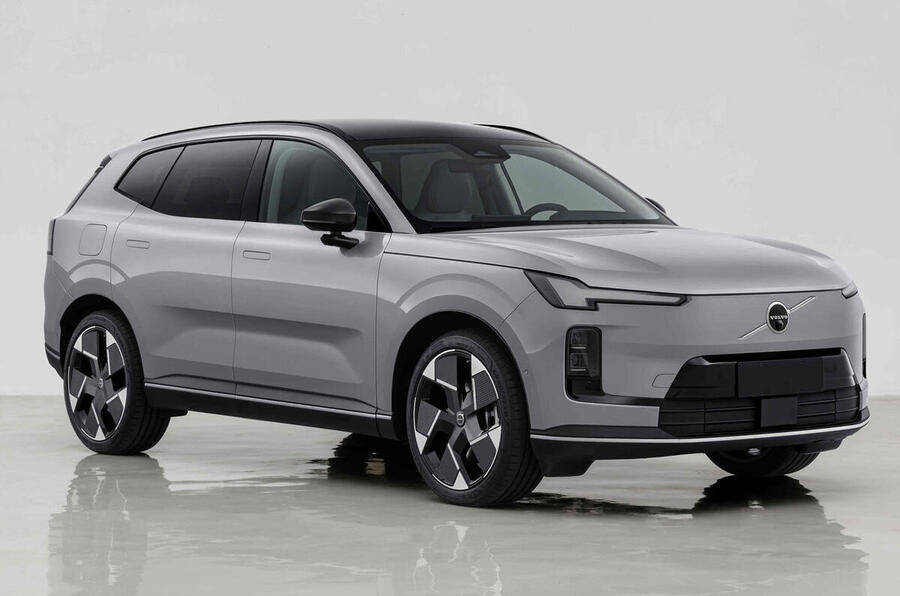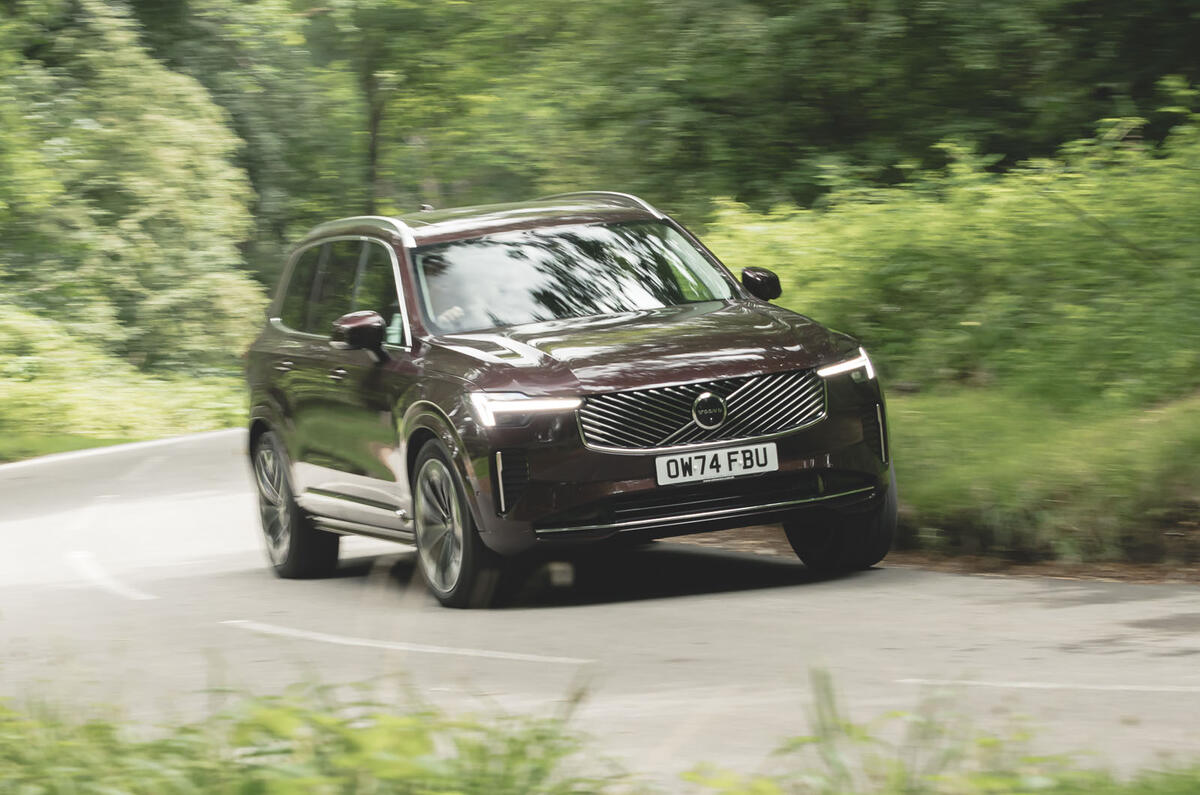Volvo will develop a third-generation XC90 SUV, the company's CEO has said, as the phase-out of combustion-engined models takes longer than the brand originally predicted.
Volvo has recently facelifted the 10-year-old XC90 after giving it a reprieve from the axe amid delays to the EX90 large electric SUV, which was originally intended as its replacement.
However, CEO Håkan Samuelsson said a third-generation model is on the cards. “We will need a new XC90,” he told investors on the company’s second-quarter earnings call, pointing out that the current model was first launched in 2015, but he stopped short of giving a potential launch date for its replacement.
A new XC90 is likely to be a long-range plug-in hybrid after Samuelsson indicated that the technology will make it over to Europe from China, where Volvo will start production of the new XC70 plug-in hybrid (below) with a claimed 112-mile electric range in the next three months.

“This is something I think European consumers will want to have,” he said. “Plug-in hybrids with a longer range are a solution that probably we will need for some more years than we thought.”
Volvo had committed in 2021 to going all-electric by 2030 but has since backtracked due to the varying pace of EV take-up globally.
The XC70 is built on a new Geely platform called SMA (Scalable Modular Architecture) and it could also underpin a new XC90.
The facelifted XC90 plug-in hybrid continues with a comparatively small battery of just under 15kWh compared with either 21kWh or 40kWh for the XC70.
The XC90's shorter-range battery will penalise the facelifted SUV under new emissions-testing rules coming in at the end of the year that recalculate the CO2 figure for plug-in hybrids, making those with smaller batteries more expensive to tax as a company car.
Volvo has been hit hard by a combination of unforeseen global factors that have exposed its lack of flexibility compared with bigger premium companies.
The Swedish firm booked a charge equivalent to almost £900 million in the second quarter this year after it halted plans to sell its new China-built ES90 electric saloon in US due to tariff hikes, along with delays to the EX90 SUV.
Software problems slowed the ramp-up of the EX90 at the company’s US plant in Charleston, South Carolina, by two years, CFO Fredrik Hansson said on the call. “That means lost volumes and it means increased engineering cost,” he said.




Add your comment